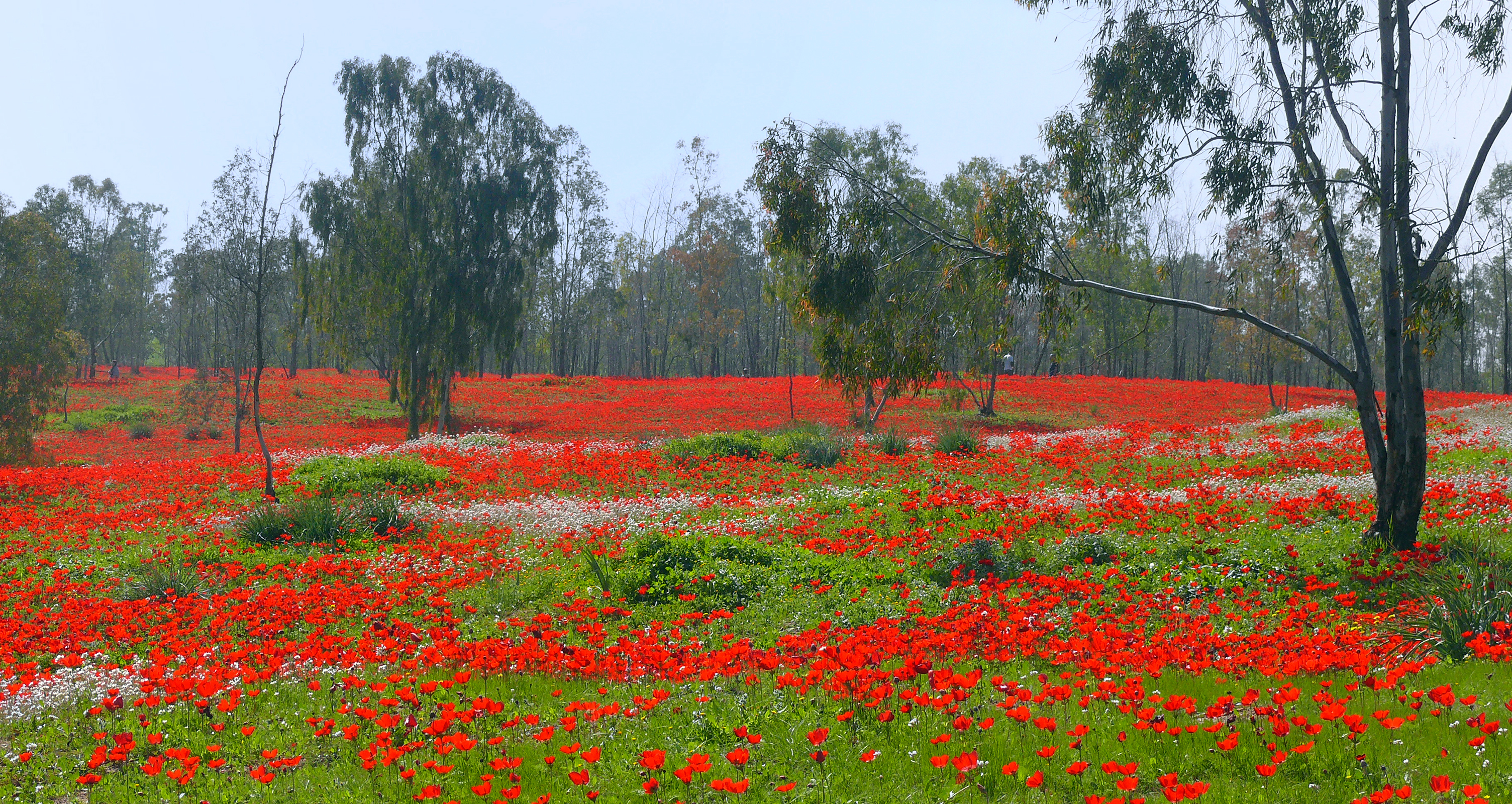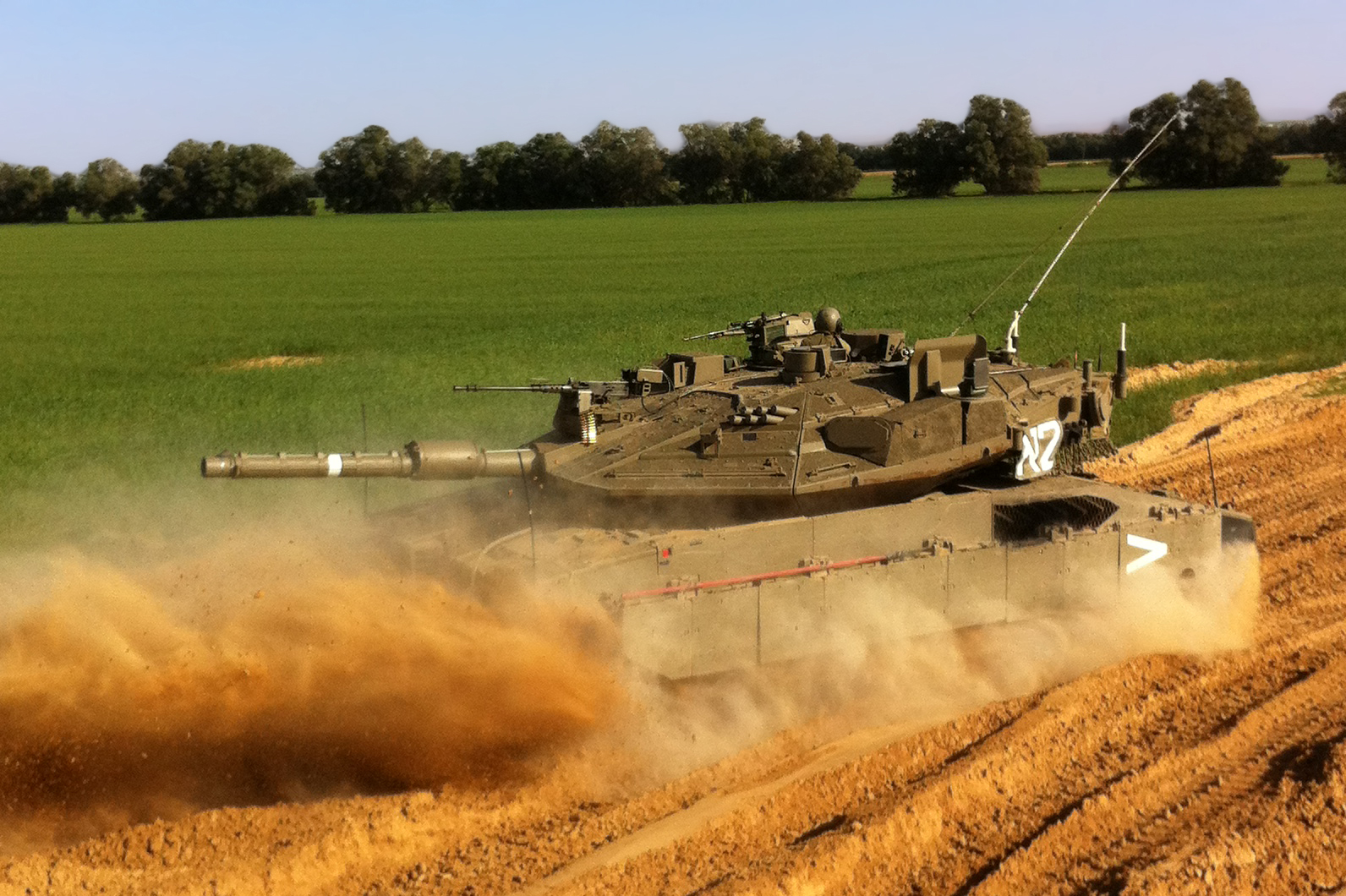|
Shuva
Shuva ( he, שׁוּבָה) is a religious moshav in southern Israel. Located near Netivot and covering 4,500 dunams, it falls under the jurisdiction of Sdot Negev Regional Council. In it had a population of . History The village was established in 1950 by Jewish immigrants and refugees from Tripoli (in modern Libya). They were later joined by more Jewish immigrants from Algeria and Tunisia. However, this created tensions between the residents, and in 1957 the moshav split in two, with the Tunisian residents leaving to form Zimrat. Its name was taken from Psalms The Book of Psalms ( or ; he, תְּהִלִּים, , lit. "praises"), also known as the Psalms, or the Psalter, is the first book of the ("Writings"), the third section of the Tanakh, and a book of the Old Testament. The title is derived ... 126:4; Turn our captivity, O LORD, as the streams in the dry land. References External linksShuvaNegev Information Centre {{Sdot Negev Regional Council Moshavim ... [...More Info...] [...Related Items...] OR: [Wikipedia] [Google] [Baidu] |
Zimrat
Zimrat ( he, זִמְרָת, ''lit.'' Song) is a religious moshav in southern Israel. Located near Netivot and covering 4,500 dunams, it falls under the jurisdiction of Sdot Negev Regional Council. In it had a population of . History The village was established in 1957 by Jewish immigrants from Tunisia after a split in nearby Shuva. Initially called Shuva Bet, it was later renamed Zimrat, which was taken; Carta's Official Guide to Israel and Complete Gazetteer to all Sites in the Holy Land. (3rd edition 1993) Jerusalem, Carta, p. 484, from the Book of Exodus The Book of Exodus (from grc, Ἔξοδος, translit=Éxodos; he, שְׁמוֹת ''Šəmōṯ'', "Names") is the second book of the Bible. It narrates the story of the Exodus, in which the Israelites leave slavery in Biblical Egypt through t ... 15:2; The LORD is my strength and song, and He is become my salvation; this is my God, and I will glorify Him; my father's God, and I will exalt Him. References External ... [...More Info...] [...Related Items...] OR: [Wikipedia] [Google] [Baidu] |
Sdot Negev Regional Council
Sdot Negev Regional Council ( he, מועצה אזורית שדות נגב, ''Mo'atza Azorit Sdot Negev'', ''lit.'' Negev Fields Regional Council), formerly Azata Regional Council ( he, מועצה אזורית עזתה, ''Mo'atza Azorit Azata'') is a regional council in the northwestern Negev desert in the Southern District of Israel. History The Sdot Negev region council was established in 1951 by the Religious Zionist HaPoel HaMizrahi settlement movement. The council encompasses 16 communities: two kibbutzim, 12 moshavim and two community settlements. Despite frequent rocket attacks from the nearby Gaza Strip, the population of the Sdot Negev region has increased 55 percent in 2006–2012. Residents have cited the educational system, atmosphere and rural lifestyle as incentives for moving to this part of the Negev. List of communities *Kibbutzim: Alumim · Sa'ad *Moshavim: Beit HaGadi · Givolim · Kfar Maimon · Mlilot · Sharsheret · Shibolim · Shokeda · Shuva · T ... [...More Info...] [...Related Items...] OR: [Wikipedia] [Google] [Baidu] |
Gaza Envelope
The Gaza envelope ( he, עוטף עזה, ''Otef Aza'') is the populated areas of Israel that are within of the Gaza Strip border and are therefore within range of mortar shells and Qassam rockets launched from the Gaza Strip. The region is populated by 70,000 Israeli citizens according to the Israeli ministry of internal affairs. History Following the Israeli withdrawal from the Gaza Strip in 2005, there was an increase in cross-border shelling and rocket attacks into Israel. Data collected by the Israeli Security Agency showed an increase in shelling from 401 shells in 2005 rising year-on-year to 2,048 in 2008 before falling back to 569 in 2009. In response to the increase in shelling, in 2007 the Knesset passed the "Assistance to Sderot and the Western Negev (Temporary Provision) Law, 2007", which recognized these communities (and additional communities in the area designated by the Minister of Finance's order) as "Confrontation-line Communities" and gave them special privil ... [...More Info...] [...Related Items...] OR: [Wikipedia] [Google] [Baidu] |
Libya
Libya (; ar, ليبيا, Lībiyā), officially the State of Libya ( ar, دولة ليبيا, Dawlat Lībiyā), is a country in the Maghreb region in North Africa. It is bordered by the Mediterranean Sea to the north, Egypt to Egypt–Libya border, the east, Sudan to Libya–Sudan border, the southeast, Chad to Chad–Libya border, the south, Niger to Libya–Niger border, the southwest, Algeria to Algeria–Libya border, the west, and Tunisia to Libya–Tunisia border, the northwest. Libya is made of three historical regions: Tripolitania, Fezzan, and Cyrenaica. With an area of almost 700,000 square miles (1.8 million km2), it is the fourth-largest country in Africa and the Arab world, and the List of countries and outlying territories by total area, 16th-largest in the world. Libya has the List of countries by proven oil reserves, 10th-largest proven oil reserves in the world. The largest city and capital, Tripoli, Libya, Tripoli, is located in western Libya and contains over ... [...More Info...] [...Related Items...] OR: [Wikipedia] [Google] [Baidu] |
1950 Establishments In Israel
Year 195 ( CXCV) was a common year starting on Wednesday (link will display the full calendar) of the Julian calendar. At the time, it was known as the Year of the Consulship of Scrapula and Clemens (or, less frequently, year 948 ''Ab urbe condita''). The denomination 195 for this year has been used since the early medieval period, when the Anno Domini calendar era became the prevalent method in Europe for naming years. Events By place Roman Empire * Emperor Septimius Severus has the Roman Senate deify the previous emperor Commodus, in an attempt to gain favor with the family of Marcus Aurelius. * King Vologases V and other eastern princes support the claims of Pescennius Niger. The Roman province of Mesopotamia rises in revolt with Parthian support. Severus marches to Mesopotamia to battle the Parthians. * The Roman province of Syria is divided and the role of Antioch is diminished. The Romans annexed the Syrian cities of Edessa and Nisibis. Severus re-establish his head ... [...More Info...] [...Related Items...] OR: [Wikipedia] [Google] [Baidu] |
Populated Places In Southern District (Israel)
Population typically refers to the number of people in a single area, whether it be a city or town, region, country, continent, or the world. Governments typically quantify the size of the resident population within their jurisdiction using a census, a process of collecting, analysing, compiling, and publishing data regarding a population. Perspectives of various disciplines Social sciences In sociology and population geography, population refers to a group of human beings with some predefined criterion in common, such as location, race, ethnicity, nationality, or religion. Demography is a social science which entails the statistical study of populations. Ecology In ecology, a population is a group of organisms of the same species who inhabit the same particular geographical area and are capable of interbreeding. The area of a sexual population is the area where inter-breeding is possible between any pair within the area and more probable than cross-breeding with ind ... [...More Info...] [...Related Items...] OR: [Wikipedia] [Google] [Baidu] |
Populated Places Established In 1950
Population typically refers to the number of people in a single area, whether it be a city or town, region, country, continent, or the world. Governments typically quantify the size of the resident population within their jurisdiction using a census, a process of collecting, analysing, compiling, and publishing data regarding a population. Perspectives of various disciplines Social sciences In sociology and population geography, population refers to a group of human beings with some predefined criterion in common, such as location, Race (human categorization), race, ethnicity, nationality, or religion. Demography is a social science which entails the statistical study of populations. Ecology In ecology, a population is a group of organisms of the same species who inhabit the same particular geographical area and are capable of Sexual reproduction, interbreeding. The area of a sexual population is the area where interbreeding, inter-breeding is possible between any pai ... [...More Info...] [...Related Items...] OR: [Wikipedia] [Google] [Baidu] |
Religious Israeli Communities
Religion is usually defined as a social-cultural system of designated behaviors and practices, morals, beliefs, worldviews, texts, sanctified places, prophecies, ethics, or organizations, that generally relates humanity to supernatural, transcendental, and spiritual elements; however, there is no scholarly consensus over what precisely constitutes a religion. Different religions may or may not contain various elements ranging from the divine, sacred things, faith,Tillich, P. (1957) ''Dynamics of faith''. Harper Perennial; (p. 1). a supernatural being or supernatural beings or "some sort of ultimacy and transcendence that will provide norms and power for the rest of life". Religious practices may include rituals, sermons, commemoration or veneration (of deities or saints), sacrifices, festivals, feasts, trances, initiations, funerary services, matrimonial services, meditation, prayer, music, art, dance, public service, or other aspects of human culture. Religions have sa ... [...More Info...] [...Related Items...] OR: [Wikipedia] [Google] [Baidu] |
Moshavim
A moshav ( he, מוֹשָׁב, plural ', lit. ''settlement, village'') is a type of Israeli town or settlement, in particular a type of cooperative agricultural community of individual farms settler, pioneered by the Labor Zionism, Labour Zionists between 1904 and 1914, during what is known as the Second Aliyah, second wave of ''aliyah''. A resident or a member of a moshav can be called a "moshavnik" (). The moshavim are similar to kibbutzim with an emphasis on community labour. They were designed as part of the Zionist state-building programme following the green revolution Yishuv ("settlement") in the Mandatory Palestine, British Mandate of Palestine during the early 20th century, but in contrast to the collective farming kibbutzim, farms in a moshav tended to be individually owned but of fixed and equal size. Workers produced crops and other goods on their properties through individual or pooled labour with the profit and foodstuffs going to provide for themselves. Mosha ... [...More Info...] [...Related Items...] OR: [Wikipedia] [Google] [Baidu] |
Psalms
The Book of Psalms ( or ; he, תְּהִלִּים, , lit. "praises"), also known as the Psalms, or the Psalter, is the first book of the ("Writings"), the third section of the Tanakh, and a book of the Old Testament. The title is derived from the Greek translation, (), meaning "instrumental music" and, by extension, "the words accompanying the music". The book is an anthology of individual Hebrew religious hymns, with 150 in the Jewish and Western Christian tradition and more in the Eastern Christian churches. Many are linked to the name of David, but modern mainstream scholarship rejects his authorship, instead attributing the composition of the psalms to various authors writing between the 9th and 5th centuries BC. In the Quran, the Arabic word ‘Zabur’ is used for the Psalms of David in the Hebrew Bible. Structure Benedictions The Book of Psalms is divided into five sections, each closing with a doxology (i.e., a benediction). These divisions were probably intro ... [...More Info...] [...Related Items...] OR: [Wikipedia] [Google] [Baidu] |
Tunisia
) , image_map = Tunisia location (orthographic projection).svg , map_caption = Location of Tunisia in northern Africa , image_map2 = , capital = Tunis , largest_city = capital , coordinates = , official_languages = Arabic Translation by the University of Bern: "Tunisia is a free State, independent and sovereign; its religion is the Islam, its language is Arabic, and its form is the Republic." , religion = , languages_type = Spoken languages , languages = Minority Dialects : Jerba Berber (Chelha) Matmata Berber Judeo-Tunisian Arabic (UNESCO CR) , languages2_type = Foreign languages , languages2 = , ethnic_groups = * 98% Arab * 2% Other , demonym = Tunisian , government_type = Unitary presidential republic , leader_title1 = President , leader_name1 = Kais Saied , leader_ti ... [...More Info...] [...Related Items...] OR: [Wikipedia] [Google] [Baidu] |






